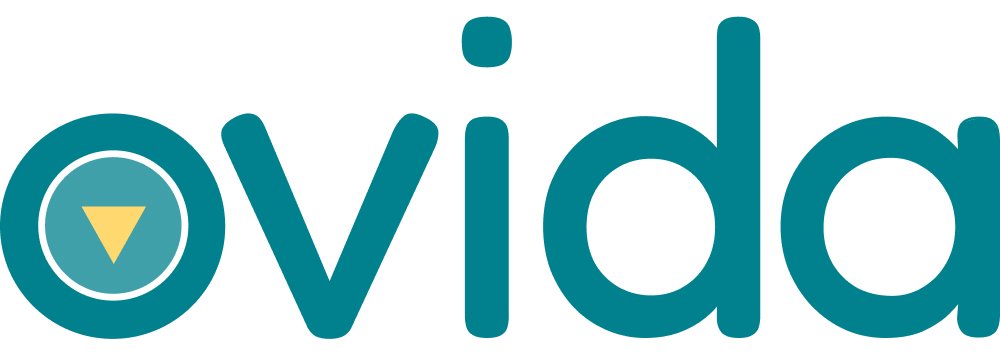The power of open-ended questions
Asking open-ended questions is pivotal in coaching, fostering reflective insights before seeking solutions.
In my experience as coach and researcher, asking questions is one of the best ways to find answers! This may seem like a paradox at first, but when we take a closer look at what I consider to be the essence of coaching, it will make more sense. The essence of coaching? Creating a reflective space where someone can find new insights and perspectives (but not immediate solutions) relating to their situations.
Let’s take the classic GROW model (Goal, Reality, Options, Will/Wrap-up). When I teach this model to new coaches I observe how they typically rush through the Goal and Reality steps and go straight to the Options - “How do we solve this problem of yours?” In life we also rush to find solutions without pausing to consider the context around the situation. If I could find solutions to my problems on my own I would not need a coach. The power and gift of coaching is in suspending the rush to find a solution, pausing to help the client see their situation in a new light, creating new awareness, new insights, new perspectives on what is happening. Only once there is a new understanding of the situation and of one self in that situation, can there possibly be a chance of finding new solutions. In my coaching practice I spend the majority of the time in this reflective insight-generating space before moving on to action and solutions. And the secret weapon to generate new awareness is open-ended questions - questions that do not contain specific options or outcomes built into the question, but remain open enough to allow the client to choose any path that the question opens up for them.
Don’t take my word for it. Research supports the idea that open-ended questions are one of the most powerful tools in coaching. Bachkirova et al. (2015), found that “Coach asks questions helping the client to elaborate” and “Coach asks questions that appear to open new possibilities for the client,” were rated highest by participants regarding perceived importance of coaching tools. Similarly Geißler (2009) found that asking questions is strongly correlated to coaching success.
On the Ovida platform one of the metrics is “Open question ratio”. We see experienced coaches formulating the large majority of their questions as open questions for the reasons highlighted above.
So what is the link to the sales environment? A number of studies I found point to the importance of questioning and specifically open-ended questions in the sales process. Pulvino and colleagues (2002) talk about the importance of asking questions that help the client to “open up and reveal what is important to them” (open-ended questions). A study by Sharpe and colleagues (2007) looked at the effects of 21 different communication skills on the trust between sales agent and client and the commitment of the client to the sales process. They found that “asking thoughtful questions to allow the client to open up” was one of the top three most effective sales communication skills.
While asking closed questions (yes/no or clarification questions) are important at the later stages of the sales process, sticking to open-ended questions upfront helps the client share their feelings, needs and expectations. This often unexpected information provides valuable insights to help guide the sales process. So once again we see how a bread-and-butter coaching skill is highly relevant to the sales environment.
References:
Pulvino, C. J., Lee, J. L., & Pulvino, C. A. (2002). Financial counseling: A strategic approach (2nd ed.). Madison, WI: Instructional Enterprises.
Sharpe, D. L., Anderson, C., White, A., Galvan, S., & Siesta, M. (2007). Specific elements of communication that affect trust and commitment in the financial planning process. Journal of Financial Counseling and Planning, 18(1).


